Affiliate links on Android Authority may earn us a commission. Learn more.
HUAWEI Nexus: would Google build one? Would you buy it?
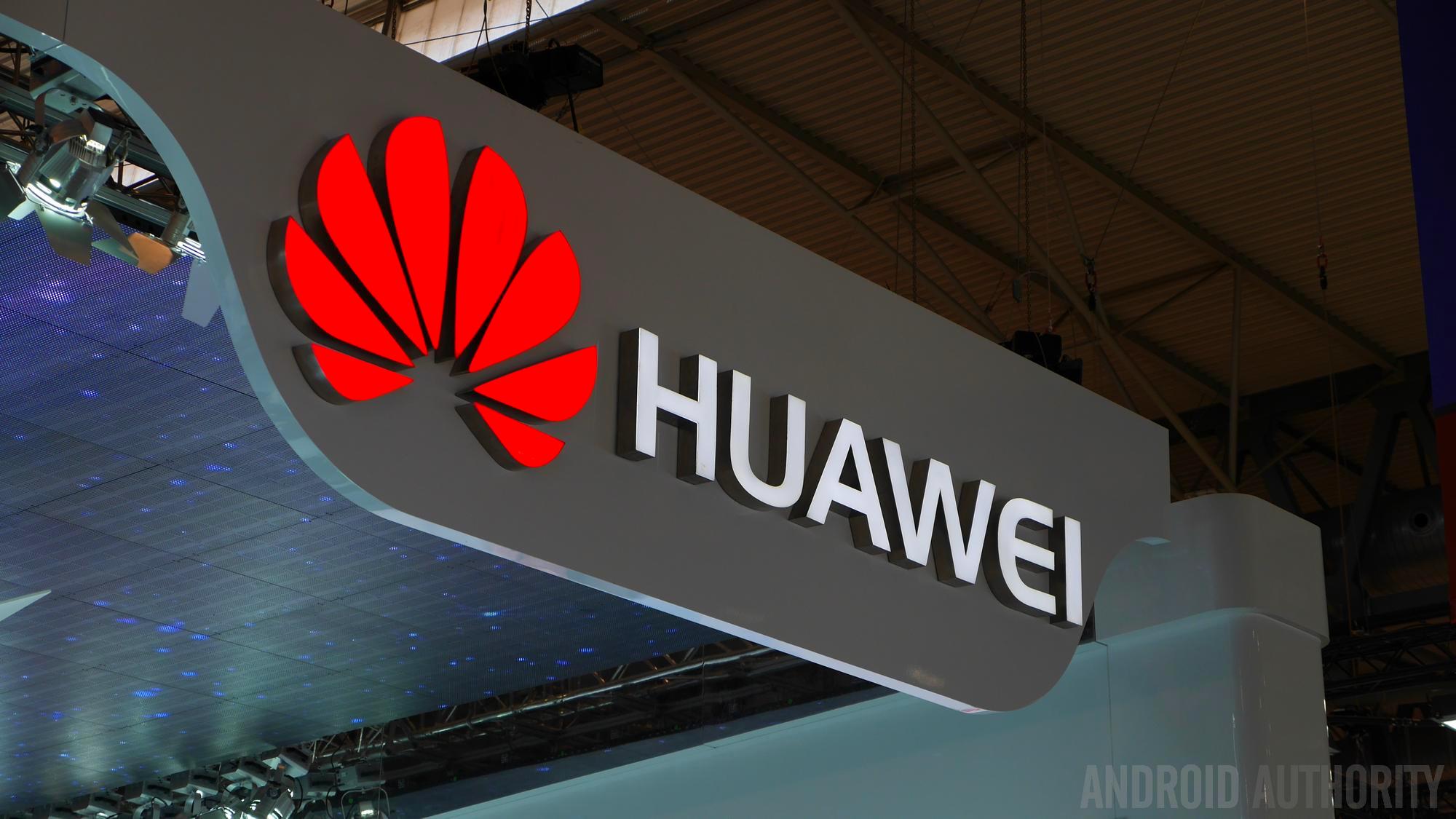
An interesting rumor has been floating around the internet for the past few days, though it’d be easy to miss with all the commotion MWC 2015 has created. Hidden away, seemingly in a corner at the moment, is a fascinating assertion, one that has the potential to -if true- change the very landscape and mindset of the Western consumer. What could be so scandalous? What if I were to tell you that the next Nexus may be made by a Chinese OEM. And not like Motorola-Chinese mind you. No, the next Nexus is allegedly going to be manufactured by none other than Huawei.
Making sense of the Situation
Last week, GizmoChina published a story that suggested a Chinese OEM would be tasked with the next Nexus based on a post it had seen on Sina Weibo, the world’s largest country’s sprawling SNS. In the Weibo post, it was alleged that Google plans to partner with a Chinese phone maker for the release of a new Nexus, which could arrive sometime in the second half of this year. Earlier this week, the rumor was followed up by an unofficial confirmation that HUAWEI was the chosen company.
The confirmation came from neither HUAWEI or Google, instead Kevin Wang, the Director of China Research at market research firm iSuppli, asserted that HUAWEI had been picked as Google’s next partner. It is impossible to say where Wang is getting his information from, or if it is simply a bold prediction and nothing more. For that matter, we can’t say for sure that Google is even considering partnering with a Chinese company for a Nexus device. That said, we can understand some of the reasons why Google might consider working with a Chinese giant like HUAWEI for production of a new Nexus phone, or even tablet.
Why, China. Why? This is why.
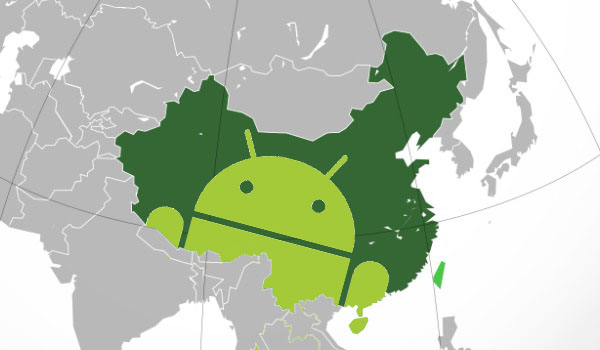
China is the biggest market in the world. The potential money that companies like Google can earn from even a fraction of a segment of the population is so incredibly high that it just can not be ignored from a business/capital standpoint. This market has also been difficult for Google to crack in earnest and so it’s no secret that Mountain View is eager to make in-roads this year. While the Play Store exists in China technically, due to laws within the country, only free applications can be distributed. On the other hand, take a look at just how much competition there is within the (non Play) paid app marketplaces:
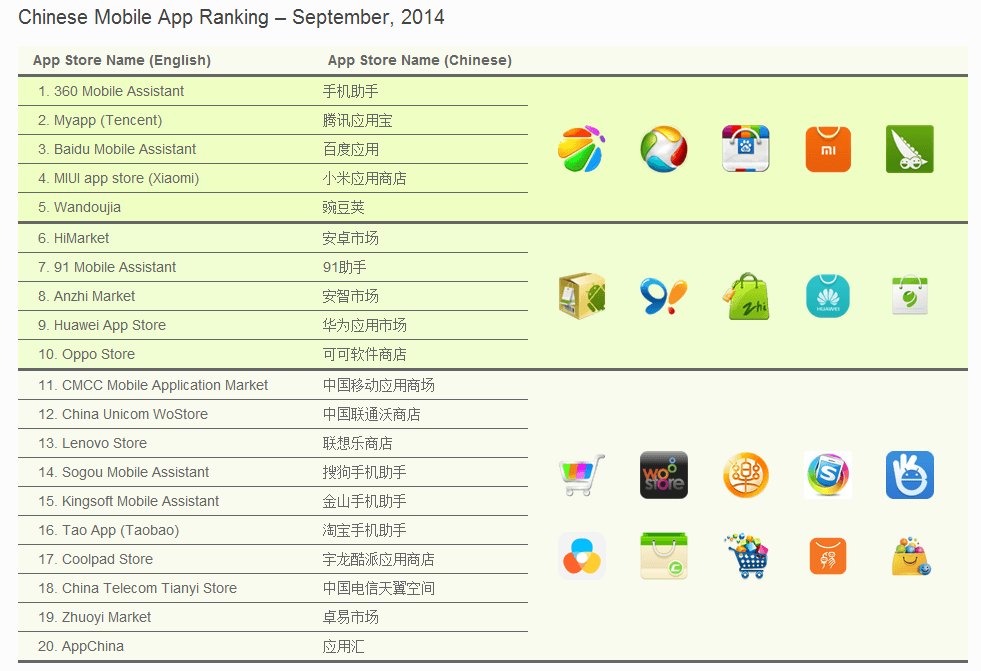
As you can see, Google Play isn’t even listed in the top 20, although Xiaomi is within the top 5, HUAWEI and OPPO in the top 10, and Lenovo in the top 15. If Google could even rank on this list period it would be a major boon not only for its own revenue purposes, but also for countless developers who could benefit from the sudden influx of a new market, especially one as plentiful as that in China. By producing a handset in partnership with a popular Chinese brand, Google might finally find the in it needs to lure Chinese consumers over to the Play Store and other Google services.
What might we expect from a HUAWEI Nexus
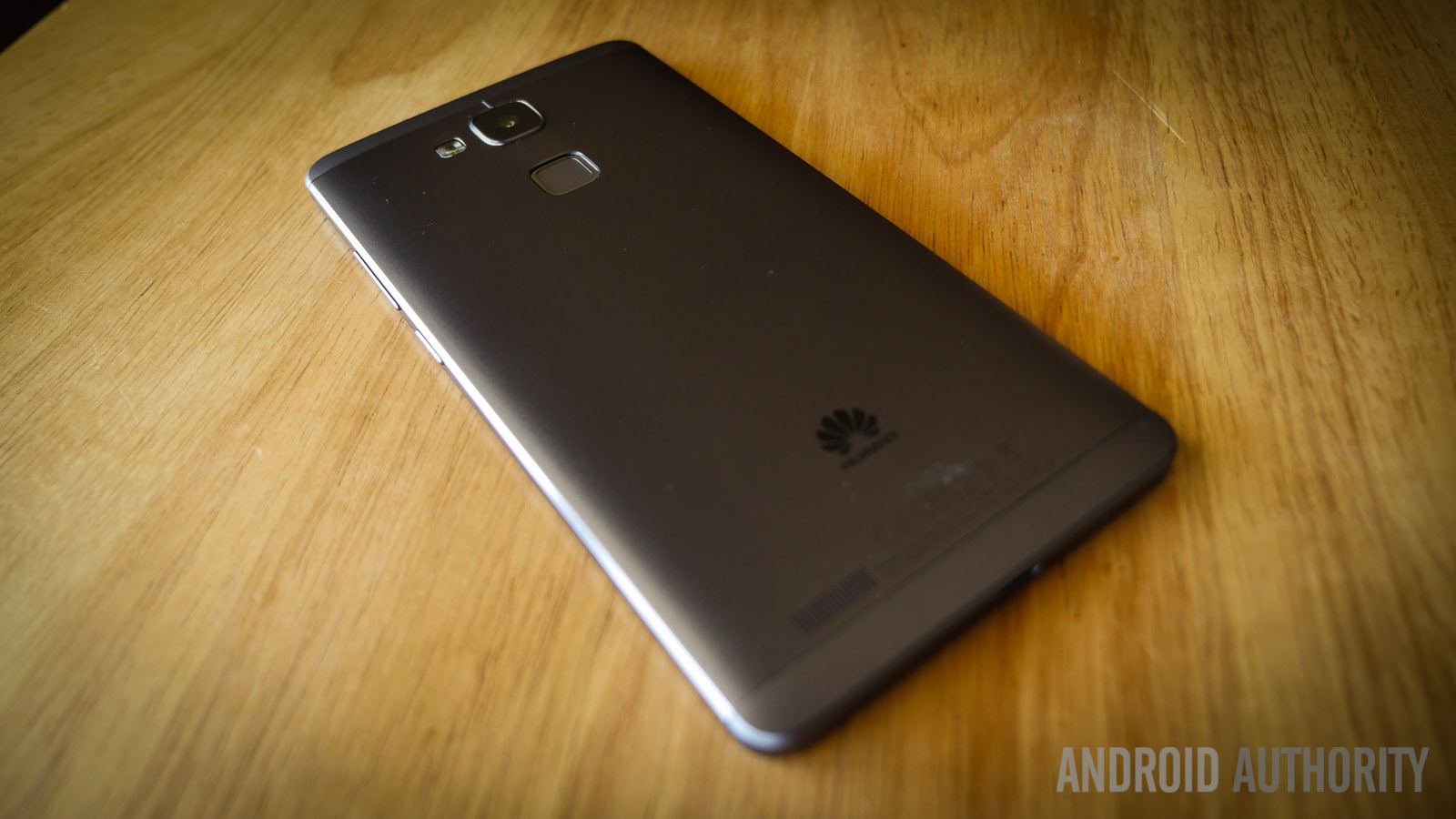
Obviously this early in the game we can’t say for sure what a HUAWEI Nexus might look like, but turning to recent HUAWEI devices, we can make a few assumptions. First, we can assume that a Chinese Nexus would probably be cheaper, something that is decidedly not true of last year’s unicorn, the Nexus 6. It’s widely accepted that the Nexus 4 and 5 were, while very affordable, not state-of-the-art devices, even during their honeymoon period. The Nexus 6 on the other hand, is a different beast with its killer hardware and components, and sure enough the roughly $700 it costs serves as a reminder. Just imagine the new Nexus with bleeding edge hardware and a price tag more in line with the Nexus 4 or 5.
Look no further than devices like the HUAWEI Mate 7 and you’ll see that HUAWEI is clearly capable of producing a premium looking device that doesn’t break the bank, at least when compared to the competition. The Mate 7 features an excellent touch-based fingerprint scanner, a metallic body and is truly an eye-catching product, even if its size might be a little too big for some. One area where it is at its weakest? Software, which is where stock Android comes into play.
Look no further than devices like the HUAWEI Mate 7 and you’ll see that HUAWEI is clearly capable of producing a premium looking device that doesn’t break the bank.
Aside from the assumption of a cheaper price tag, there’s also the possibility that a HUAWEI Nexus would use its own in-house processor, as opposed to something more mainstream like a Qualcomm Snapdragon. This would certainly help further cut costs, though it’s unclear whether or not Google would risk using a relatively unknown chipset in its flagship Nexus devices.
For those that aren’t aware, HUAWEI’s chipset found in the Mate 7 is called the HiSilicon Kirin 925, which brings a 1.8GHz quad-core Cortex A15 together with another quad-core Cortex A7 clocked in at 1.3GHz, both working in conjunction, allowing for a very optimized performance that is very close in performance to a higher-end Snapdragon. One area of weakness, however, is in terms of graphics. The Mali-T628 has consistently done worse in graphics tests than other comparable GPUs. Granted, it still performs well, it’s just not the best available. Of course, HUAWEI could be ready to wow us in gaming/graphics performance with their next Kirin processor. You never know.
The Global Benefit for China
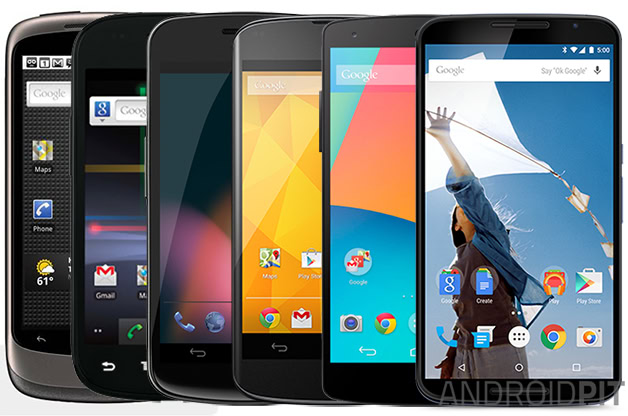
Call it what you will, but the world-at-large is still content in seeking to relegate China to back-burner status when it comes to products. The sentiment is bitterly ironic considering just how many things are made there (or rather, how few aren’t) and yet, when it comes to Chinese OEMs, they are never cut the same break that companies like Sony or LG are.
In truth, Japan and South Korea are both unconditionally accepted as countries that make good technology and good products, whereas China is associated with spying, intellectual property infringement, and inferiority. (Whether or not those are true or not is a different matter entirely). Even Google itself is no longer immune to the callous charge of misdoings, perhaps offering it an honorary seat alongside Wallace and Dave, for the “do no” clause has sadly been broken.
The idea of a Chinese Nexus would do a lot to dispel this air of mistrust and inferiority that exists in the western world, at least if the launch was handled right.
Like it or not, companies like HUAWEI, Xiaomi, and even Lenovo, are growing bigger and bigger with seemingly each month that passes. How can they not really, when they sell to the two largest markets in the world (India and, of course, China) and offer devices with excellent specs at cutthroat pricing. It’s no wonder that Samsung can’t get a break in either territory anymore.
The idea of a Chinese Nexus would do a lot to dispel this air of mistrust and inferiority that exists in the western world, at least if the launch was handled right.
The Global Problem for China
Despite that which was just said above, China is seen as an entity that spies, lies, and steals. HUAWEI in particular has been the subject of much scrutiny even on a governmental level, as politicians and bureaucrats in the USA are concerned about the possible security ramifications that might occur were HUAWEI to be contracted with providing hardware for things such as official government use. Unfortunately with the recent scandal involving Lenovo and malware, this belief -justified or not- is unlikely to fade; in fact it has arguably just gotten worse.
The other large problem is that mainstream consumers in the Western world don’t know anything about these Chinese OEMs. HUAWEI might be a slight exception given the relatively large number of devices it sells under its own branding, or else has been commissioned to make for carriers. Still, ask someone to even pronounce the company’s name and chances are they can’t. Now consider the likes of Meizu, OPPO, One Plus, or Xiaomi, who are totally alien and the salience they might otherwise have in their Asian territory is gone entirely.
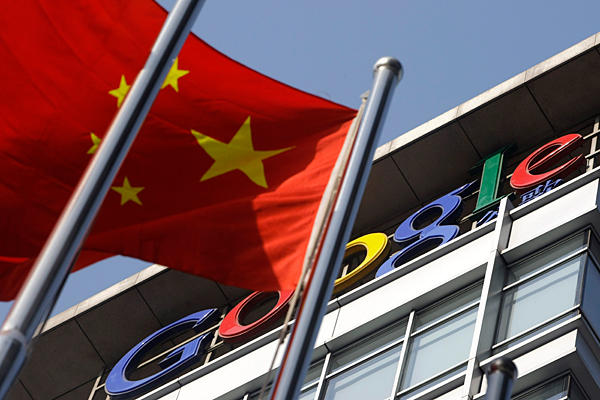
Even if HUAWEI could make the Next Nexus and “get away with it” in the West, it is difficult to believe that many customers would buy it. The Nexus line is, in and of itself, not designed for mainstream consumer sales, partially because Google simply doesn’t know how to promote it well enough, partially because Google doesn’t know how to meet demand requirements until the popularity has died off, and partially because it’s sorely lacking in any and all kinds of marketing gimmicks and software add-ons that companies like Samsung push so aggressively. (These are but a few of the potential reasons Nexus smartphones never appear on top sales charts, though it is by no means a comprehensive list.)
Considering how so many people were so quick to write off the Nexus 6 (“too big, pass”) without giving it a try, the same sentiment will arguably apply with a HUAWEI Nexus, only perhaps replaced with a “way to sell out Google” or “Google is in bed with China. Hello Microsoft!” Even if you might give it a try, it’s easy to imagine a friend, family member, or random YouTube ranter uttering those exact words.
Wrap-Up
Regardless of what one feels about this story, the potential here is big. Google, eager to gain a foothold into the expanding Chinese mobile app market, would be in a very good position were the HUAWEI Nexus to materialize. Likewise, HUAWEI would have an extra layer of “Western credibility” associated with its brand name, should Google trust it with making a device. Even if this all does pan out and the device never makes it outside of Asia, it will still stand as a very bold move indeed.
Any thoughts? Would you be willing to buy a Nexus made by HUAWEI?